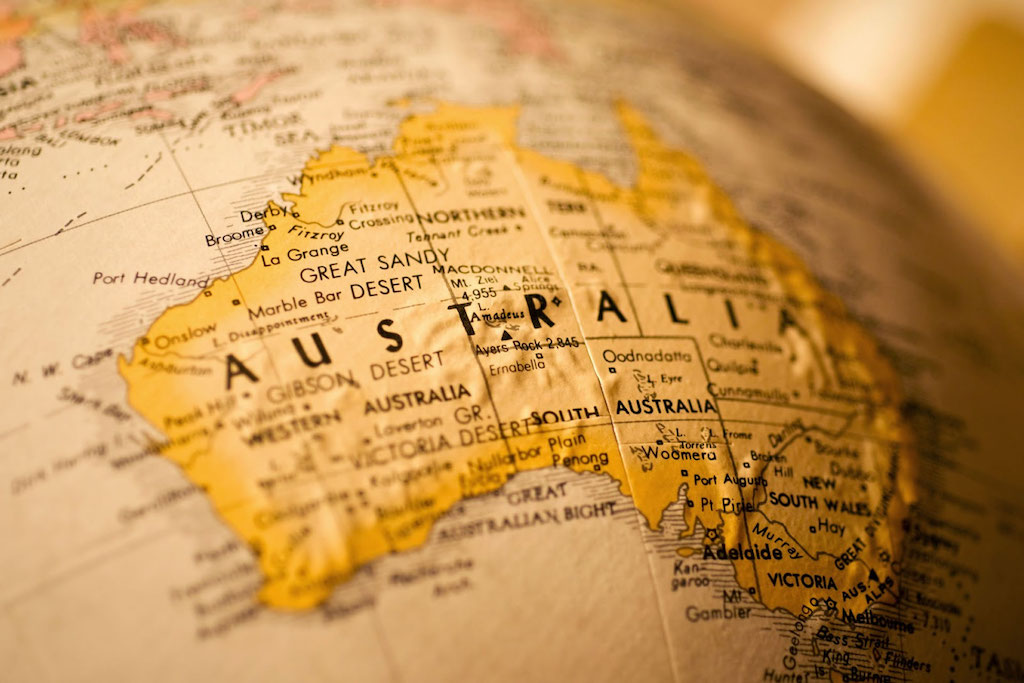Australia’s First Muslim Cricketer Is Shining A Light On Racism In The Sport
Cricket Australia has responded to Usman Khawaja's comments.

Australia’s first Asian-born national cricket player Usman Khawaja has written a moving personal account of his experiences of racism in Australia and suggested “racism and politics” has impacted previous player selections.
Khawaja was born in Pakistan and became the first Muslim to play cricket for Australia when he debuted in 2011. He is only the seventh overseas born cricketer to play for Australia in the last 80 years.
In an article titled ‘Racism & The Big Change’, written for the publication PlayersVoice, Khawaja discussed his family’s decision to migrate to Australia in the early 1990s, his experiences of racial vilification at school and when he started playing cricket, and the structural barriers across the sport that have hindered players from diverse backgrounds from being selected for state and national teams.
Khawaja shared how he was verbally and physically abused by his classmates when he was growing up in western Sydney in the 1990s.
“At school I was called things by other kids I had never heard before,” he wrote. “‘’F—ing curry muncher’ was one of the more popular ones that particularly hurt.”
The racism continued on the cricket field as well: “Getting sledged by opposition players and their parents was the norm. Some of them said it just quietly enough for only me to hear. It still hurt, but I would never show it. Most of the time it was when I scored runs. Some parents take things too seriously.”
Khawaja also expressed his shock at the rise of Pauline Hanson during this time. “I just couldn’t believe she could get away saying what she was. I obviously had no idea about politics so, to me, I was just going on my first emotional response. I had no idea I’d be dealing with the same thing 20 years later.”
Cricket’s Racism Problem
Throughout the article Khawaja discusses the perception, amongst players from diverse backgrounds, of an endemic racism problem within Australian cricket.
“I could have played for Australia, but I didn’t get selected because I was black/Indian/Pakistani, so I stopped playing’. I’ve heard that story all my life, whether it was from a family friend or just a random bloke. When I was younger I used to think, ‘Sure, sure, that’s what everyone says.’ But after hearing this literally a hundred times over many, many years, I started to think, ‘Wait a minute. Maybe there is more to this. Where there is smoke, there is fire.
“When I watched the Aussie team, I saw men who were hard-nosed, confident, almost brutish. The same type of men who would sledge me about my heritage growing up.”
Grateful to find brothers from across the globe to celebrate. Eid Mubarak to everyone! Inshaallah you have all had a great day. #bangladesh pic.twitter.com/YUPBprtZUV
— Usman Khawaja (@Uz_Khawaja) September 2, 2017
The most direct criticism Khawaja makes of Australian cricket is his allegation that racism has impacted team selection. “There is no doubt racism and politics played a large role in selections in the past,” he wrote. “I’ve heard a few stories from past Anglo-Saxon players where this seems to be the case. It would just be the times that they lived in.”
The current Queensland player has previously detailed an awkward experience during his Test cricket debut against Pakistan, when a Gabba attendant assumed he was a Pakistani player and directed him to their change rooms, instead of the Australian bunker.
After suggesting racism played a role in past selections, Khawaja went on to write that “cricket and society has come a long way”. He heralded the success of younger players like Gurinder Sandhu and Arjun Nair, comparing the increase in diversity to the time when was “the only Asian player at first class level in the whole country.”
Cricket Australia’s Response
Junkee contacted Cricket Australia for a response to Khawaja’s piece, given the numerous examples in his article of racism at multiple levels of the game, including in the selection process.
A spokesperson for Cricket Australia denied racism played any rule in selection, telling Junkee, “selection at a state or national level is based on solely on performance — as should be selection at any level of the game, but local associations would be responsible for enforcing this and investigating should this not be the case.”
Cricket Australia also told Junkee the organisation “takes a zero tolerance approach to racial vilification” and referred us to their diversity statement and anti-racism code.
“As Australia’s favourite sport — a sport for all Australians, cricket has traditionally helped unite Australians in their common pride in our sport and define what it means to be Australian,” the diversity statement reads.
Cricket Australia has also established a Diversity Council to “focus on diversity and inclusion across all levels of the sport”. The Council includes the CEO of Cricket Australia, as well as the CEOs of all state and territory cricket bodies, and two members of Cricket Australia’s board.
No one on the Diversity Council is from a culturally diverse background and only two members are women. Cricket Australia’s former Head of Community Engagement, Sam Almaliki, was a member of the Council but his position has not yet been replaced.
“We are proud that cricket is a sport for all and continue to work hard to ensure this is reflected from the grassroots up,” Cricket Australia told Junkee.
–
Feature image via Usman Khawaja/Facebook.
–
Osman Faruqi is Junkee’s News and Politics Editor. He tweets at @oz_f.
